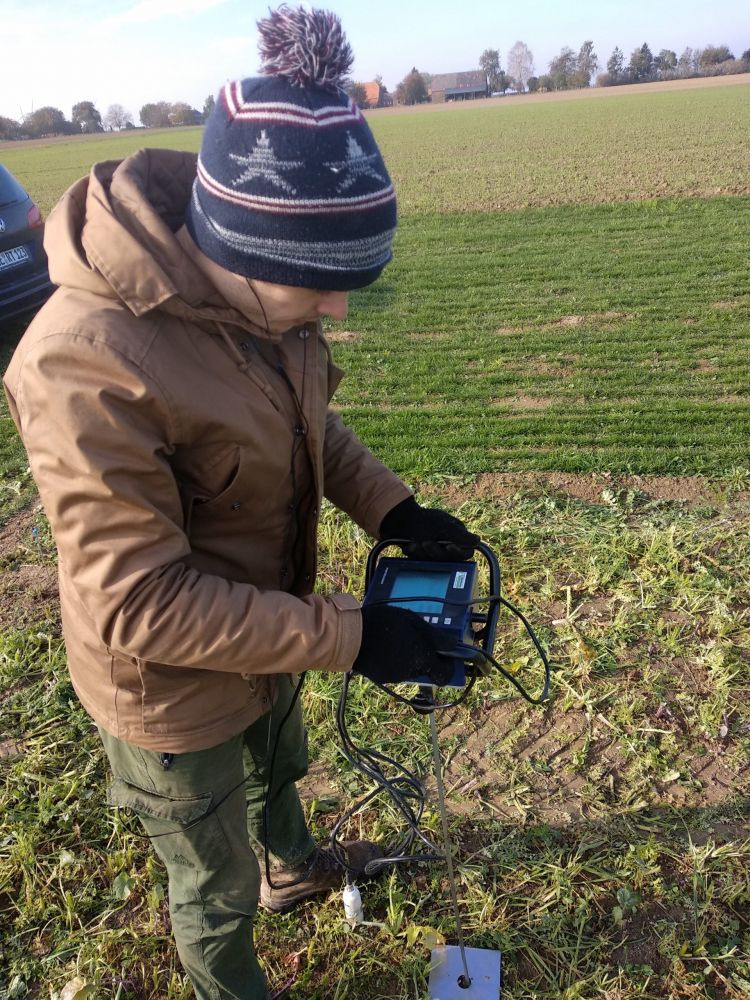Soil health: monitoring quality and activation strategies
Work Package IV

The work package aims to gain new insights into soil health, develop strategies for recovery, elaborate guidelines for healthier soils, and detect soil health parameters. These will be used to derive rules for an expert system or Decision Support System (DSS). Using machine learning, the DSS learns over time based on the collected comprehensive “soil descriptors” (measured variables) and the management measures documented in the system, taking into account additional expert knowledge and legal constraints, to derive the most likely measures from the data.
Soil health is an interplay of genetic soil properties such as soil texture and type, as well as land use and management history. While deterioration in soil health can occur in the short term (e.g., compaction during harvest), improvements are only observable in the medium to long term and are difficult to investigate within the usual project period. Therefore, long-term experiments or comparative studies of different land use and management practices are used. The latter also has the advantage that land users are directly involved in the research, allowing the project to be designed with a very practical and problem-oriented approach from the outset.
The farmers will be recruited from the project partners’ networks. The latter have already conducted their own studies as part of the “HuMUS” and “EffiZwisch” projects; some of the findings from these studies can be incorporated into the project. The regional partner companies for the comparative studies will be selected based on the criteria of soil type, land use system, and long-term management measures. For each location and management system, several farms will be identified and compared to examine different farming systems for each selected soil (soil type x soil type). The results will allow a comparison and comprehensive evaluation of management measures for different soils. In addition, the application partners Hubert Reyers and Haolderkamp, who were already involved at the start of the project, as well as the associated partners Hoogen and Soil Valley, will conduct exact tests with high-resolution, temporal, and spatial analyses of relevant soil parameters to compare selected, important management measures.
The information for the construction and training of the rule engine is also largely generated within this work package. It is obtained through close sampling of various soils and management measures, as well as through the development of an evaluation matrix with relevant parameters for the qualitative assessment of soil health. In addition, this work package supports all sensor developments, by validating the measured values of the new methods through measurements using established analytical methods and supporting calibration. Should it emerge that additional relevant soil parameters need to be measured, the sensor developments can be flexibly adapted. The findings and rules gained will be incorporated into the development and optimization of the Decision Support System (DSS). Some of the detected parameters already serve as the basic framework for the new systemic assessment matrix of soil health. Over the course of the project, these will be further developed through the evaluation of interviews, questionnaires and experiences of farmers from the networks, as well as through intensive sampling of the fields and the comparison of the measured values. HSRW has the lead in this work package, while the senior developers from the consortium’s technical companies are involved in the WP to ensure the tailored development of validation and calibration. KnowH2O, Soil Valley and Ingenieurbüro Gröger contribute their experience with crop management, measurement technology and parameters for the DSS.